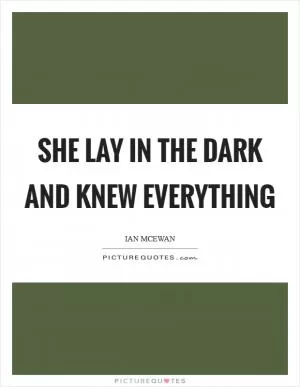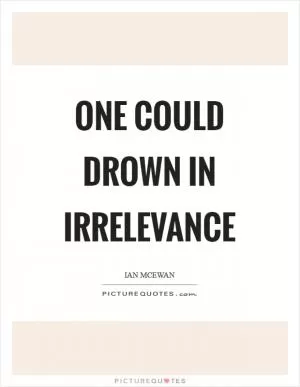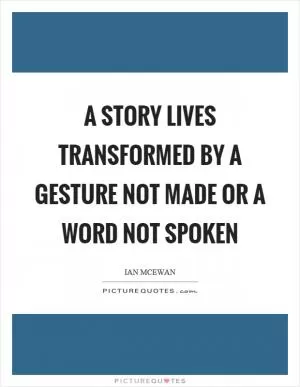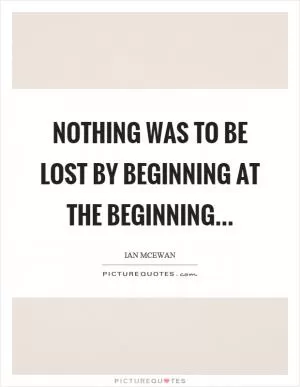What reader wants to be told what attitude to strike?

What reader wants to be told what attitude to strike?
In the context of Ian McEwan's writing, the question of what attitude readers want to be told to strike is a complex and multifaceted one. McEwan is known for his thought-provoking and often controversial novels that delve into the depths of human nature and morality. His works often challenge readers to confront uncomfortable truths and grapple with difficult ethical dilemmas. As such, the question of what attitude readers should adopt when approaching his work is a crucial one.One of the key themes that runs through much of McEwan's writing is the idea of moral ambiguity. His characters are often faced with difficult choices and must navigate the murky waters of right and wrong. In novels such as "Atonement" and "The Children Act," McEwan presents readers with characters who are flawed and imperfect, yet still deserving of empathy and understanding. In these cases, readers may be encouraged to adopt a more nuanced and compassionate attitude towards the characters, recognizing that moral absolutes are often elusive and that people are capable of both good and bad actions.
At the same time, McEwan's writing can also be deeply unsettling and challenging. His novels often explore the darker aspects of human nature, including violence, betrayal, and cruelty. In works such as "Enduring Love" and "The Comfort of Strangers," McEwan pushes readers to confront uncomfortable truths about the world and themselves. In these cases, readers may be encouraged to adopt a more critical and questioning attitude, challenging their own assumptions and beliefs.
Ultimately, the question of what attitude readers want to be told to strike when approaching Ian McEwan's work is a deeply personal one. Some readers may be drawn to his novels for their thought-provoking themes and complex characters, while others may find them too challenging or disturbing. Regardless of one's personal preferences, it is clear that McEwan's writing demands engagement and reflection, encouraging readers to think deeply about the complexities of the human experience.












 Friendship Quotes
Friendship Quotes Love Quotes
Love Quotes Life Quotes
Life Quotes Funny Quotes
Funny Quotes Motivational Quotes
Motivational Quotes Inspirational Quotes
Inspirational Quotes